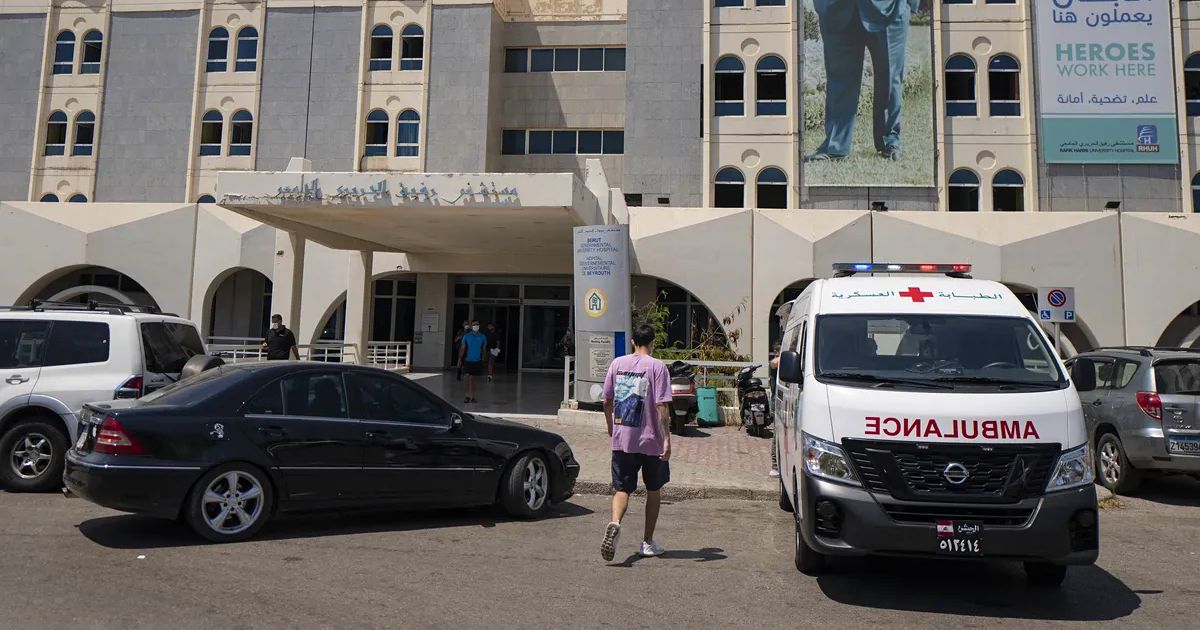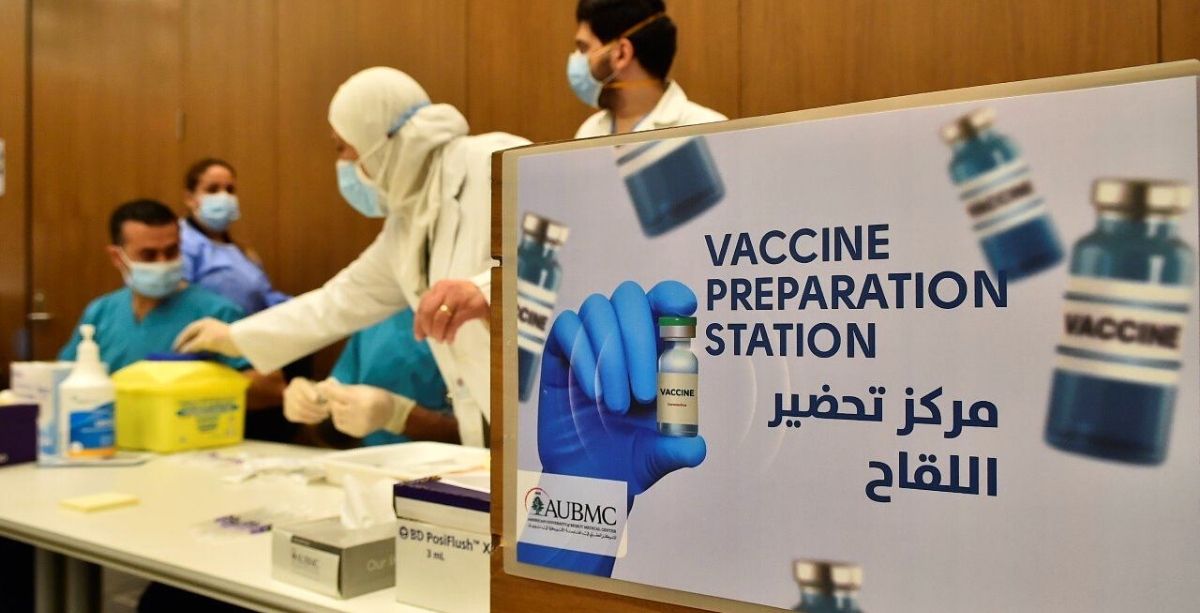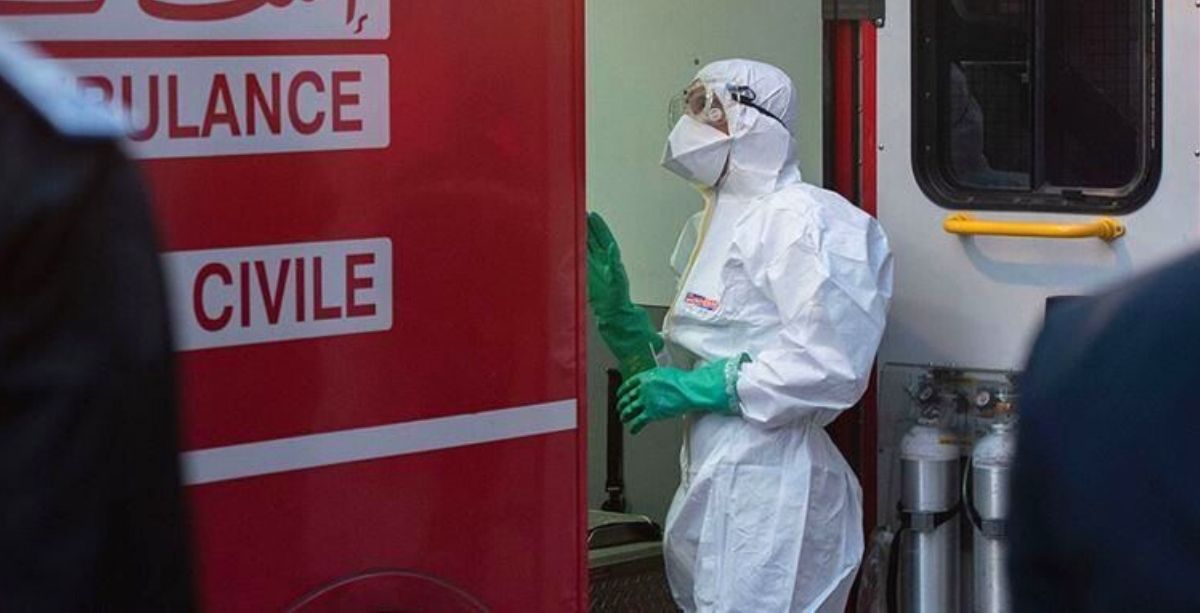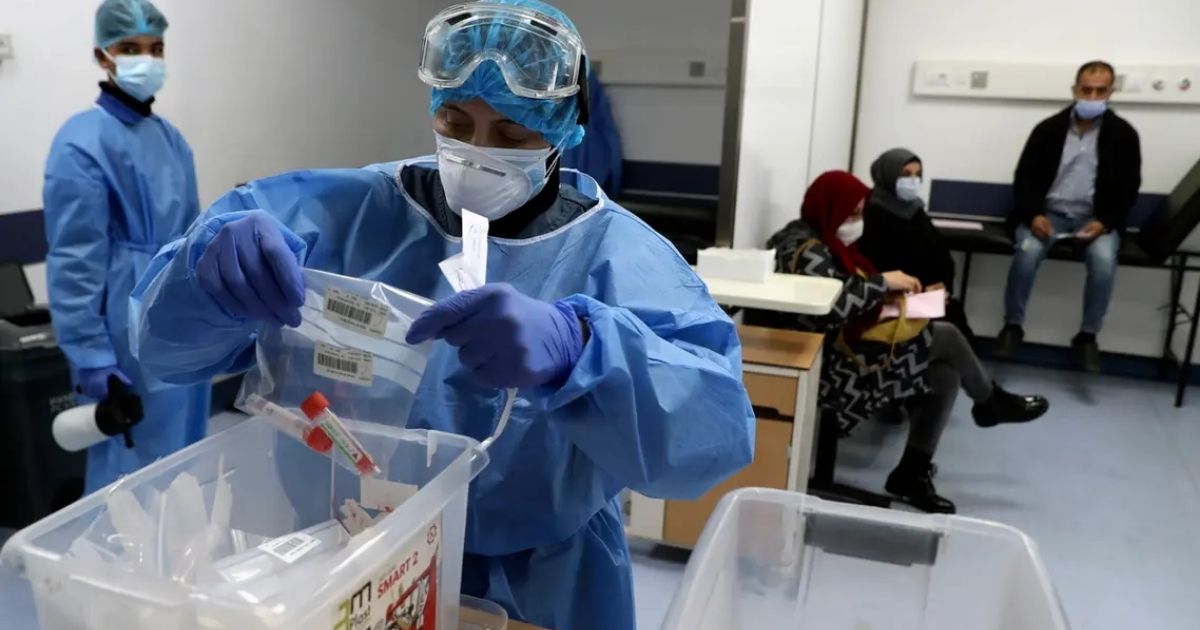Tragic Optimism is not the same thing as happiness. It’s the ability to maintain hope and find meaning in life despite its inescapable pain, loss, and suffering.
Once filled with people brushing shoulder to shoulder on its busy, bustling sidewalks, Beirut was alive with music drifting from the houses’ windows, the smell of delicious Lebanese bakeries engulfing the air, and the constant scream of sirens and the horns of taxi drivers.
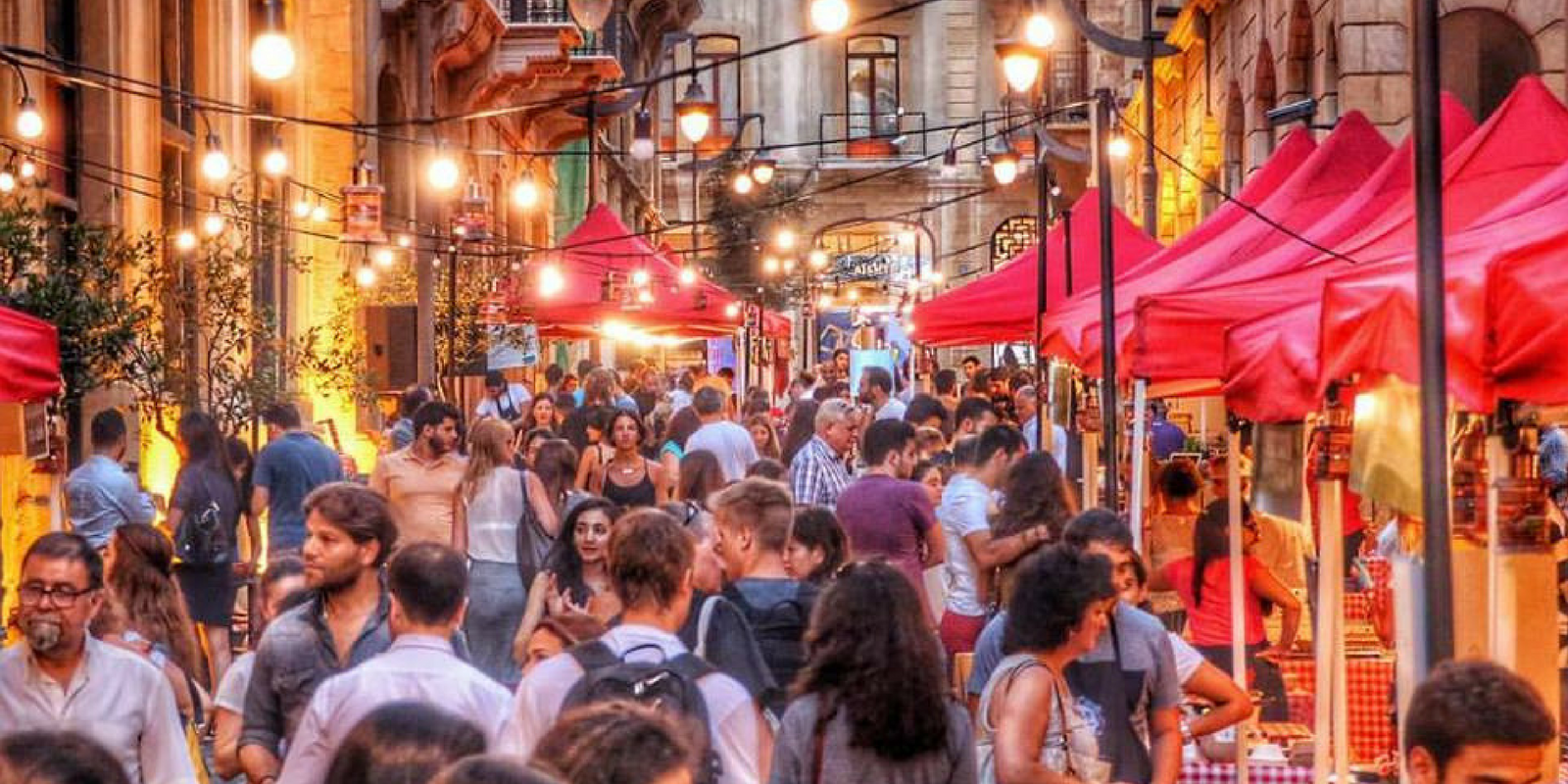
Now, you look around Beirut through your foggy window, and you can spot that the houses are now dark and dim, some even abandoned, and many broken.
The streets that used to be full of life are now cobbled and grey, so desolated that they stand clean, without any signs of human life.
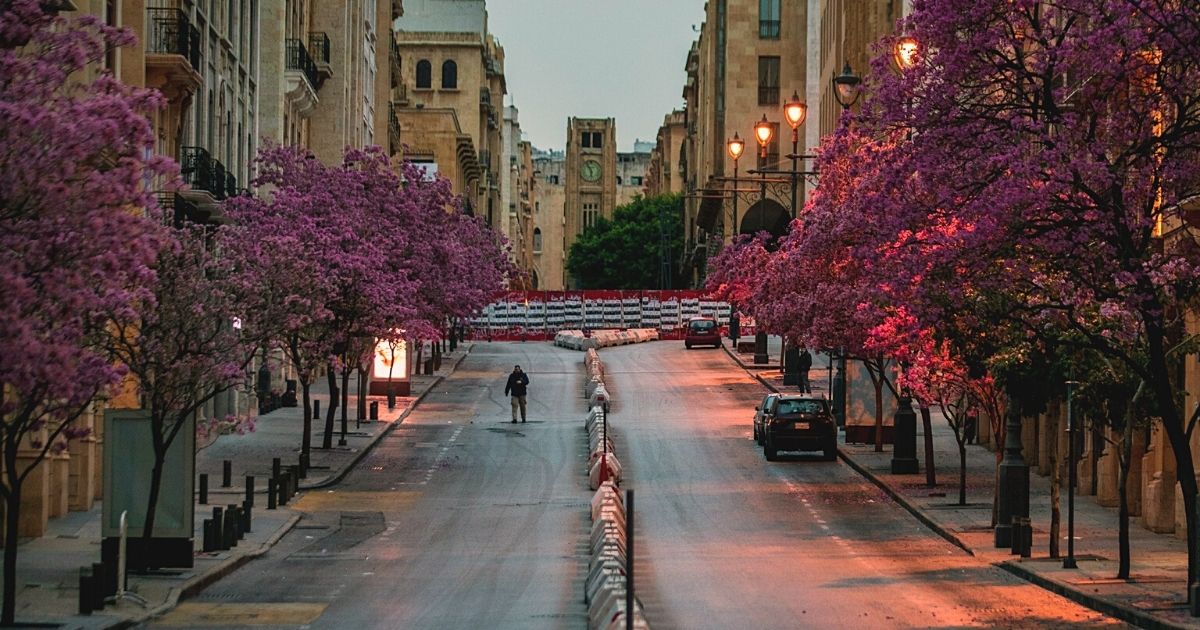
This is the reality of Lebanon, a nation fighting an ongoing battle with a COVID-19 pandemic, the aftermath of a deadly explosion. and a crippling political and economical system.
The port explosion destroyed large parts of Beirut, causing the death of innocent citizens and deepening the country’s economic crises that started last year as foreign remittances dried up, leading to mass protests.
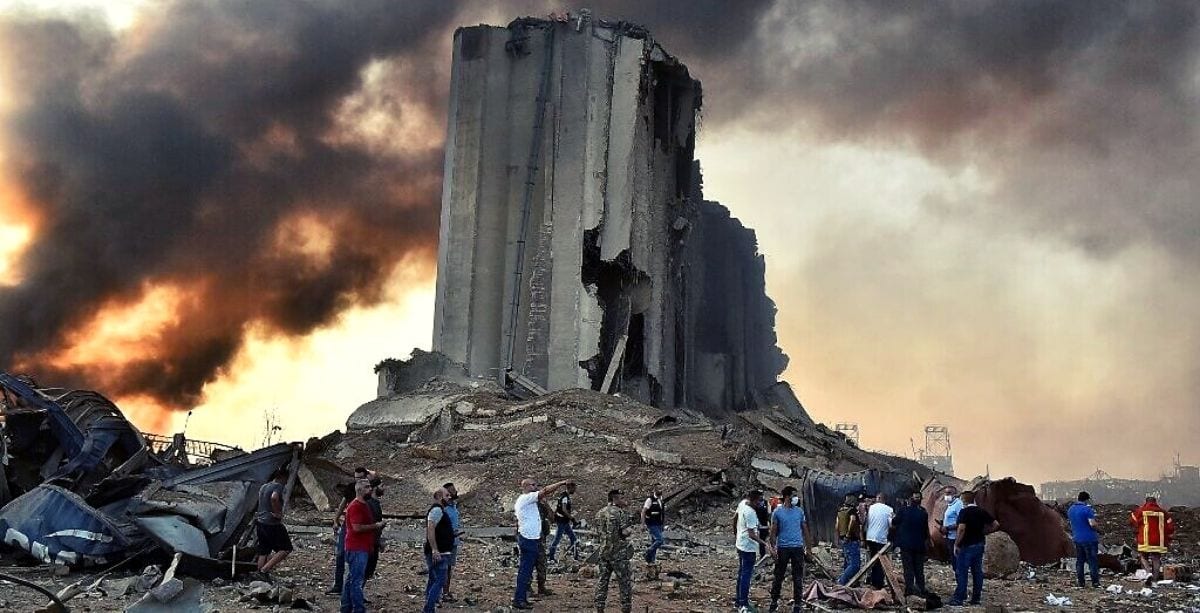
Ever since, the Lebanese pound has lost approximately 80 percent of its value against the US dollar, resulting in inflation, closure of businesses, and dramatic spikes in unemployment and poverty rates.
In addition to that, the people in Lebanon have to deal with the effects of lockdowns.
Unfortunately, people seem to forget that COVID-19 pandemic is also a mental health crisis. Fear and anxiety about a disease that still has no solution can be overwhelming and cause strong emotions even among the best of us.
All of this is not easy to take in, especially on a daily basis. It is actually brutal. No denial.
Numerous mental health and stress medications are out of stock and their consumption has increased by 20%, as announced by the Pharmacists Syndicate.
Since 2019, the percentage of Lebanese who said they’ve experienced sadness nearly doubled from 19% to 40%. The percentage of people who reported feeling anxious rose from 40% to 65%.
The shocking data was found in a Gallup report that measures Positive and Negative Experience Index experienced by populations based on opinion polls conducted in 145 countries.
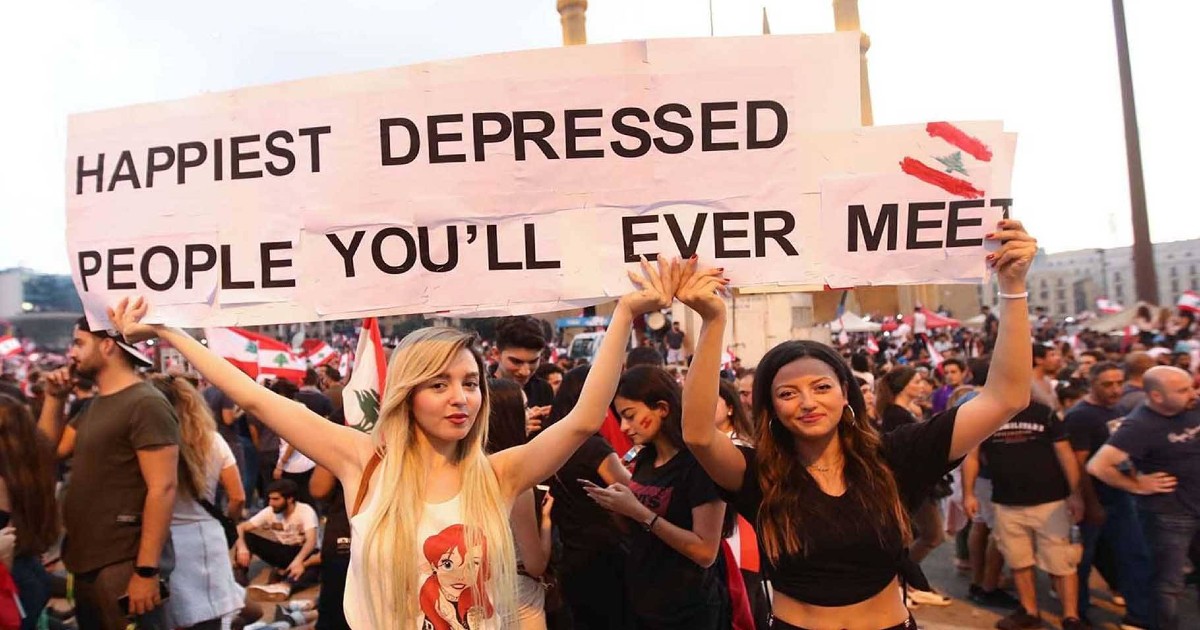
Usually, mental illness is blamed on pre-disposed conditions in the individual, whether it be your genes, family history, or biological factors such as chemical imbalances in the brain.
However, in the case of Lebanese residents, it’s a different story. We are living in a time that’s described as worse than the civil war that raged on for 15 years, killing between 150,000-200,000 people and forcing the emigration of around one million people.
People need to realize that it is normal not to feel “normal” during this time, that it is not all in their heads, and they’re not alone.
This is why it’s extremely vital to learn about a new approach to savor our mental health amid all the chaos: Tragic Optimism.
Funny or weirdly enough, that is not so far from the Lebanese characteristic in the face of drama and edges very closely to their tendency of sarcastic humor during hardships.
But, Tragic Optimism needs explaining.
“When researchers and clinicians look at who copes well in a crisis, and even grows through it, it’s not those who focus on pursuing happiness to feel better; it’s those who cultivate an attitude of Tragic Optimism,” Emily Esfahani Smith wrote in her op-ed for The New York Times.
Coined by psychologist and Holocaust survivor Viktor Frankel, the term Tragic Optimism refers to an “ability to maintain hope and find meaning in life despite its inescapable pain, loss, and suffering.”
To give an example that could offer a better understanding of what Tragic Optimism can be, Smith points to a study conducted after the events of 9/11.
As expected, people reported higher instances of fear, anxiety, or hopelessness, but the emotions were more debilitating for some more than others.
“What set those resilient students apart was their ability to find the good. Unlike the less resilient students, the resilient reported experiencing more positive emotions, like love and gratitude,” Smith writes. It didn’t mean they denied the ugliness of the attack, but that they were able to find hope despite it.
“In general, resilient people have intensely negative reactions to trauma. They experience despair and stress, and acknowledge the horror of what’s happening. But even in the darkest of places, they see glimmers of light, and this ultimately sustains them,” Smith explained.
Whether it’s by taking time to exercise or by spending time with a loved one, activities we enjoy doing leave us feeling better, even if it’s temporary. However, when it comes to coping, it’s not that simple as happiness does not penetrate the psyche as profoundly as meaning does, Smith notes.
“The things that make our lives meaningful, like volunteering or working, are stressful and require effort.” Yet, they also motivate us to get up each morning and fill our lives with purpose, connecting us to something bigger than ourselves.
It may seem inappropriate, or even insensitive to call on people to seek the good in a crisis that has caused so much heartbreak, like the Beirut Blast.
However, study after study regarding tragedies and disasters has shown psychologists that Tragic Optimism is simply what resilient people do.
This doesn’t translate to enduring adversities with a smiling face. We are well aware that’s merely impossible. In fact, Smith specifically notes that Tragic Optimism is not the same thing as happiness.
We are always told and ordered to ‘be happy’. However, happiness cannot be obtained, it must be born naturally. One must have a reason to ‘be happy’.
By searching for meaning, which comes in different forms for different individuals, and adopting the spirit of Tragic Optimism, people in Lebanon today can actually grow through the current difficulties and adversity.
At the end of the day, it’s not the adversity itself that leads to growth, but it’s how people respond to it.
And the Lebanese people know how to be resilient and prevail the possible and the impossible, knowing there is always Light and always births of new hope, even amid the darkest of all times.

